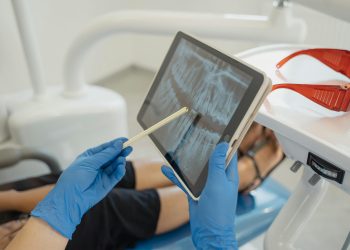1. Registration Requirements
One of the first steps for doctors considering a move to New Zealand is obtaining registration with the Medical Council of New Zealand (MCNZ). The MCNZ sets the standards for medical practice in the country and ensures that doctors meet the necessary qualifications and competencies. The registration process typically involves providing evidence of qualifications, passing exams if required, and meeting English language proficiency standards.
2. Scope of Practice
The scope of practice for doctors in New Zealand may differ from that in other countries, depending on factors such as specialty and level of experience. While some aspects of medical practice are universal, such as patient care and ethical considerations, there may be variations in clinical guidelines, treatment protocols, and referral pathways. It is important for doctors moving to New Zealand to familiarize themselves with local practices and guidelines to ensure quality patient care.
3. Cultural Considerations
Cultural competence is essential for doctors working in any healthcare setting, but it takes on added significance for those moving to a new country. New Zealand is a multicultural society with diverse patient populations, including indigenous Māori and Pacific Island communities. Understanding and respecting cultural differences, communication styles, and health beliefs are crucial for building trust and rapport with patients and providing culturally sensitive care.
4. Work-Life Balance
New Zealand is renowned for its high quality of life and emphasis on work-life balance. Doctors relocating to New Zealand may find that the healthcare system places a greater emphasis on employee well-being and work-life balance compared to other countries. Flexible working arrangements, shorter working hours, and opportunities for outdoor recreation are some of the factors that contribute to a balanced lifestyle for medical professionals in New Zealand.
5. Continuing Professional Development (CPD)
Continuing professional development is an integral part of medical practice in New Zealand, as it is in many other countries. The MCNZ requires doctors to engage in CPD activities to maintain their registration and ensure ongoing competence and quality improvement. CPD activities may include attending conferences, workshops, and courses, as well as participating in peer review and quality assurance initiatives.
Conclusion
Moving to New Zealand offers exciting opportunities for doctors to further their careers and experience a high standard of living in a beautiful country. However, it is important for medical professionals to be aware of the key differences in medical practice, including registration requirements, scope of practice, cultural considerations, work-life balance, and continuing professional development. By understanding and adapting to these differences, doctors can thrive in their new professional environment and contribute to the health and well-being of the communities they serve.

























